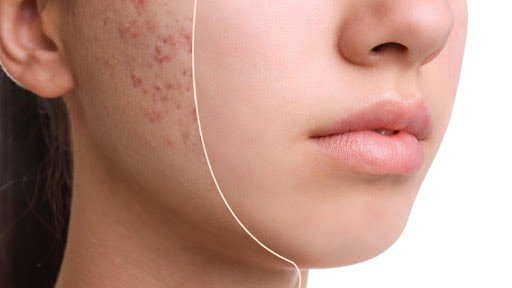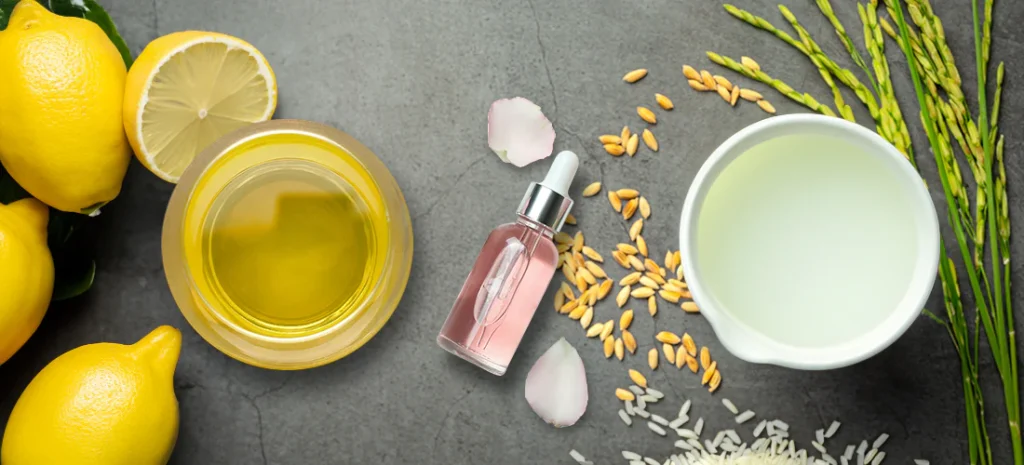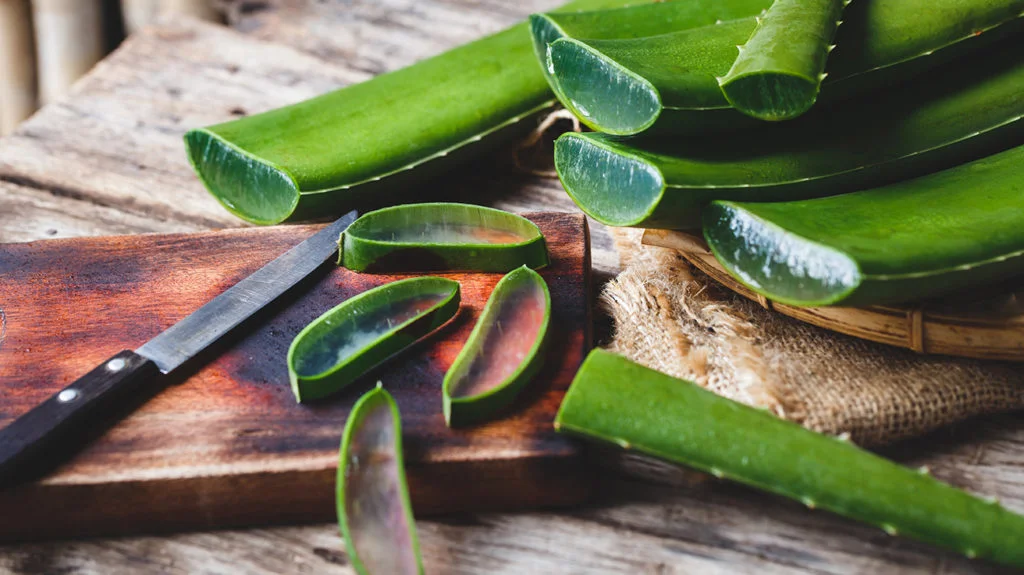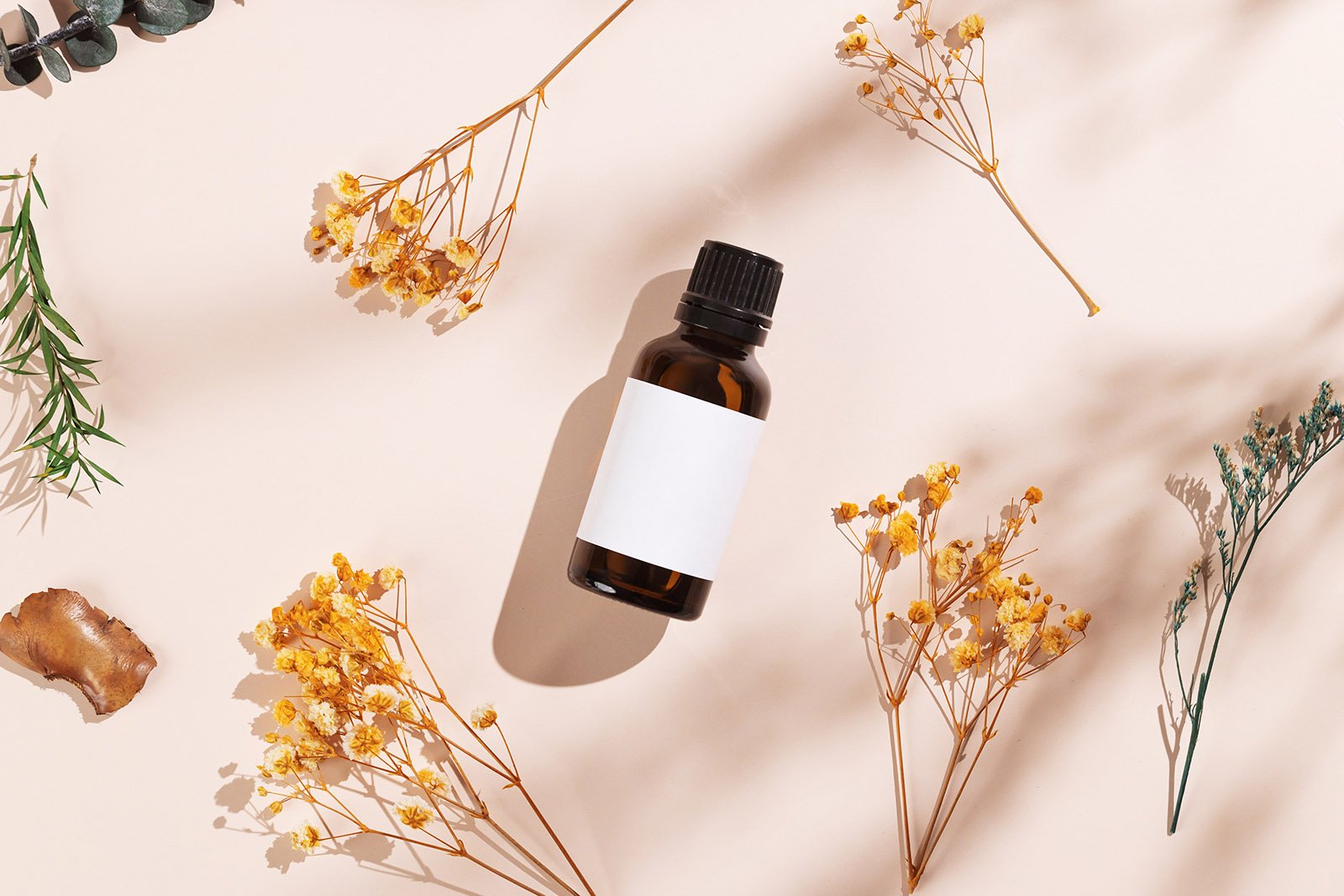
Acne scars are a common skin concern that affects millions worldwide. Whether it’s from adolescent breakouts or adult acne, these scars can linger and cause a lack of confidence. But did you know that you can treat acne scars naturally at home? With a variety of remedies, from essential oils to diet changes, it’s possible to fade scars without harsh chemicals or expensive treatments.
Incorporating natural remedies into your skincare routine can offer several benefits. Many natural ingredients not only heal scars but also provide overall skin nourishment. Moreover, these remedies are gentler on sensitive skin, reducing the risk of irritation that often comes with chemical treatments.
In this guide, we’ll explore effective, natural ways to minimize acne scars. Whether you’re dealing with discoloration or textured scars, these methods can help promote healthier, clearer skin over time. Let’s dive into these powerful natural remedies and the science behind their effectiveness.
1. Lemon Juice for Skin Brightening

1.1 How Lemon Juice Works on Scars
Lemon juice is a natural bleaching agent packed with Vitamin C, which promotes collagen production and helps reduce the appearance of scars. Its acidic nature gently exfoliates the skin, lightening dark spots over time. Applying fresh lemon juice directly to acne scars can stimulate cell regeneration, allowing your skin to renew itself naturally.
1.2 How to Use Lemon Juice Safely
To use lemon juice:
- Dilute the juice with equal parts water.
- Apply it to the scarred areas using a cotton ball.
- Leave it on for 10 minutes before rinsing with lukewarm water.
Lemon juice can cause sensitivity to sunlight, so it’s important to apply sunscreen if you use this method during the day. For best results, repeat the process 2–3 times a week.
1.3 Benefits of Lemon Juice
- Reduces hyperpigmentation.
- Exfoliates dead skin cells, revealing smoother skin.
- Encourages collagen production, which can improve skin texture.
1.4 Who Should Avoid Lemon Juice
People with sensitive or dry skin may find lemon juice too harsh. If irritation occurs, discontinue use and try a milder remedy like aloe vera or honey.
2. Aloe Vera for Gentle Healing

2.1 Why Aloe Vera is Effective for Acne Scars
Aloe vera is widely known for its soothing, anti-inflammatory properties. It promotes healing by stimulating the growth of new skin cells and helps fade scars naturally. Its moisturizing effect also improves the skin’s elasticity, preventing future scarring.
2.2 How to Use Aloe Vera on Acne Scars
- Extract fresh aloe vera gel from the plant.
- Massage it into your skin, focusing on the affected areas.
- Leave it on for 20–30 minutes, then rinse off with warm water.
This treatment can be used daily as part of your skincare routine.
2.3 The Skin Benefits of Aloe Vera
- Moisturizes deeply without clogging pores.
- Reduces redness and inflammation.
- Accelerates skin repair.
2.4 Can Everyone Use Aloe Vera?
Aloe vera is safe for most skin types, but some may experience an allergic reaction. Perform a patch test before applying it to your face.
3. Honey: Nature’s Moisturizer and Healer
3.1 The Healing Power of Raw Honey
Honey, especially raw honey, contains antibacterial and antioxidant properties that can repair skin tissue and prevent infections. It also helps in fading dark spots and making scars less noticeable. Manuka honey, in particular, is a top choice due to its high concentration of healing compounds.
3.2 Best Ways to Use Honey on Scars
- Dab a small amount of raw honey directly onto your scars.
- Leave it on overnight for deep nourishment.
- Rinse with lukewarm water in the morning.
For a more intensive treatment, mix honey with cinnamon or turmeric, both of which have anti-inflammatory properties.
3.3 The Advantages of Honey for Skin
- Keeps skin hydrated and soft.
- Promotes cell regeneration and healing.
- Contains antioxidants that fight skin damage.
3.4 Suitable for All Skin Types
Honey is gentle enough for daily use and suits all skin types, including those with sensitive or acne-prone skin.
4. Coconut Oil for Scar Reduction
4.1 How Coconut Oil Fades Acne Scars
Coconut oil is rich in fatty acids and vitamins that penetrate the skin and help rebuild damaged tissue. Its antioxidant properties also protect the skin from further damage while reducing inflammation. Over time, regular application can minimize the appearance of scars.
4.2 The Best Way to Use Coconut Oil for Skin
- Warm a teaspoon of coconut oil in your hands.
- Massage it into the scarred areas for a few minutes.
- Leave it on overnight for deep hydration and healing.
Repeat this process 3–4 times a week for best results.
4.3 Benefits of Coconut Oil for Acne Scars
- Deeply hydrates and nourishes the skin.
- Reduces inflammation and speeds up healing.
- Protects the skin from free radical damage.
4.4 Who Should Avoid Coconut Oil?
If you have oily or acne-prone skin, coconut oil might clog pores and worsen acne. Consider using lighter oils, like rosehip or jojoba oil, as alternatives.
5. Turmeric: The Anti-Inflammatory Super Spice
5.1 Why Turmeric is Effective for Acne Scars
Turmeric contains curcumin, a compound known for its anti-inflammatory and antioxidant properties. It helps reduce redness, lighten hyperpigmentation, and even out skin tone. Turmeric can also improve the skin’s texture, making scars less visible.
5.2 How to Use Turmeric for Scar Fading
- Mix 1 teaspoon of turmeric powder with honey or yogurt to form a paste.
- Apply the paste to the affected areas.
- Leave it on for 15–20 minutes before rinsing with warm water.
Use this remedy 2–3 times a week to see gradual improvement.
5.3 Benefits of Turmeric for Skin Health
- Reduces inflammation and redness.
- Fights acne-causing bacteria.
- Lightens dark spots and scars.
5.4 Staining Concerns with Turmeric
Turmeric can leave a temporary yellow stain on the skin, so use it in moderation and rinse thoroughly.
6. Apple Cider Vinegar for Exfoliation
6.1 How Apple Cider Vinegar Heals Scars
Apple cider vinegar (ACV) works as a natural exfoliant, sloughing off dead skin cells and promoting the growth of new, healthy skin. Its acidic nature helps reduce hyperpigmentation and lightens acne scars over time.
6.2 Using Apple Cider Vinegar Correctly
- Dilute 1 part ACV with 3 parts water.
- Apply the solution to the scars using a cotton pad.
- Leave it on for 5–10 minutes, then rinse with water.
Do this 2–3 times a week for best results.
6.3 Benefits of Apple Cider Vinegar
- Exfoliates dead skin cells.
- Balances skin’s pH levels.
- Helps fade dark spots and scars.
6.4 Potential Side Effects
ACV is quite acidic, so always dilute it. People with sensitive skin may find it too harsh and should use it sparingly.
Conclusion
Healing acne scars naturally is a gradual process, but the results are worth the patience. Whether you choose lemon juice for brightening, aloe vera for gentle healing, or coconut oil for deep nourishment, consistency is key. Natural remedies offer a safer, more affordable way to improve skin texture and tone compared to chemical alternatives.
By incorporating these remedies into your skincare routine and staying patient, you’ll start to see a noticeable reduction in acne scars, revealing healthier, clearer skin.








